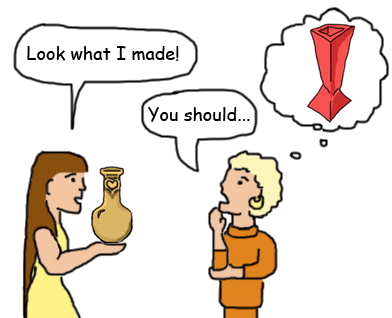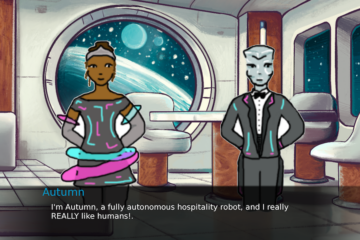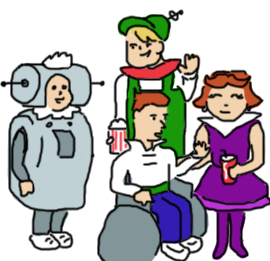blog topic suggested by Nyla Bright.
“Everyone says the writing in romance novels is bad but in my experience it’s no worse than a lot of genre fiction. The people it bothers the most are those not engaged— Or better yet, what not liking most romance novels has taught you about reader engagement,” Nyla wrote.
When I tell friends I don’t like romance novels, they invariably recommend one that they swear will change my mind, and I obligingly read it, and am unmoved. I would definitely say it is not the prose quality that is the problem. My friends recommend books that are well-written with fully realized characters and settings, sometimes speculative elements, or griping mysteries. Often, I start out quite engaged, and I lose all my interest when the darn book won’t stop banging on about the main couple’s relationship. I could care less if they will eventually get together! Tell me about the mystery, or the speculative elements, but I could not possibly care less if Bob and Sue get married.
I DNF your HEA*. It’s like me-repellent. It’s not that I don’t enjoy couples being happy in a story; I prefer if their relationship is just one of the things going on. I find the vary idea of treating a romantic relationship as an end-goal abhorrent, actually. Relationships, by their nature, require more than one person and are completely out of your control. Uncontrollable goals are a recipe for misery.
In short, I have an incompatible worldview with most romance writers and fans. So… when the tension comes from “Will they get together???” “Who will she choose???” I’m like “So??”
What does this say about reader engagement? Well, quite simply: You are not writing for everyone.
Let me put that in a heading font for the kids in the back.
You are not writing for everyone.
This seems obvious, but it’s also something of a hard pill to swallow as a writer.
I can tell from all the query letter drafts random people send me for critique (note: I will not critique your query letter, please stop asking) that say “This is a sure-fire best seller that will appeal to readers of all ages and all backgrounds!”
There’s an urge, steeped in capitalism, to be more McDonald’s than Haggis. To cast the wide net and catch all the people you can. There are, I suppose, books that have wider appeal than others. Romance, for example! Romance books outsell science fiction by a truly staggering amount. But as I just showed, even things with very broad appeal are not for everyone.
And that’s okay.
If you tried to write to appeal to everyone, you would end up appealing to no one. You’d end up with … mud. I wrote an old blog post about that; the frustrations I was feeling, trying to revise my stories to every critique I got.
If you imagine a story as a vase, it can’t simultaneously be a gold vase and a red vase, a round vase and a square vase. It’ll be stronger if it’s one or the other.

Let your story be what it is, whatever that is. If it’s a romance, let it BE a romance. You’ll only annoy the unromantic science fiction nerd if you try to disguise it as unromantic science fiction.
What’s more, you already know more, are better read, in the genre you care about. You will write better and with more nuance if you let the story be what it is. I have so much unconscious awareness of the tropes of science fiction. I can’t bring that to writing, say, a contemporary-setting police procedural.
Conversely, when you try to write outside your genre, you are competing with the unconscious awareness of the well-read practitioners already there. Let me tell you, I can tell when I read a science fiction story written by a non-science-fiction fan. It will feel like an offensive parody of science fiction, with the most outdated tropes.
In other words, when you try to appeal to “everyone” you neglect your strengths, you set yourself up to fail, competing on someone else’s turf.
And if anyone has recommendations for a speculative fiction book where the female main character never settles down but has lots of rewarding one night stands, let me know.
*DNF = Did Not Finish, HEA = Happily Ever After – these are popular TLA’s (Three Letter Acronyms) in book discussion communities.


